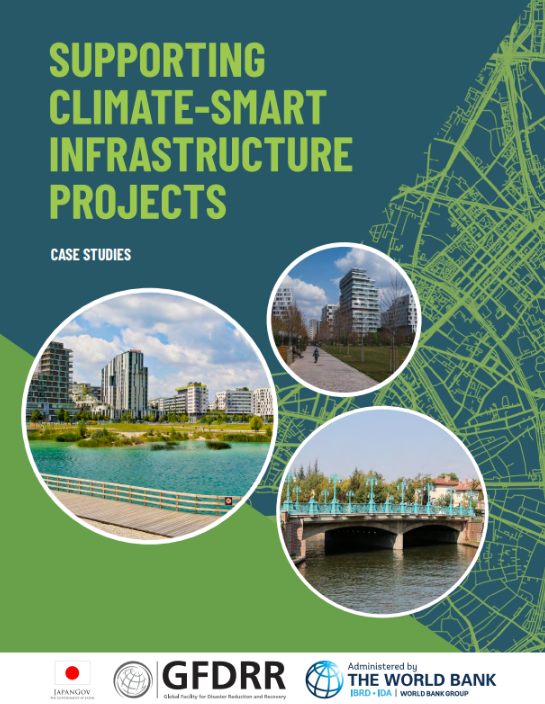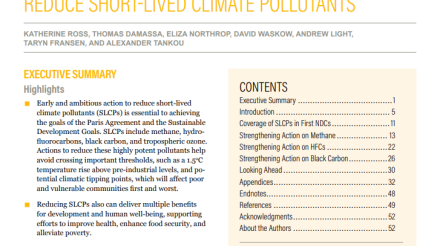This publication presents six case studies—three international and three from Turkey—showcasing climate-smart infrastructure projects that promote green and resilient urban development. These case studies were selected from an extensive list to support the World Bank’s lending initiatives in Turkish cities, aiming to illustrate effective approaches to sustainable urban infrastructure. The publication outlines the key lessons from these examples, categorizing success factors into ‘Policy and Finance,’ ‘Planning and Design,’ and ‘Processes and Partnerships.’ Each section addresses critical aspects of successful project development, offering a comprehensive guide for implementing similar initiatives in Turkey.
Key success factors highlighted include aligning project design criteria with international and national financing requirements and maximizing public sector influence for large-scale projects. The publication also emphasizes the benefits of integrating individual projects under a unified strategy, as exemplified by Vienna’s Smart Climate City Strategy and Izmir’s Design Strategy for waterfront improvements. A phased approach to implementation is recommended for complex projects, as it mitigates financial risks, allows for gradual capacity building, and facilitates learning and adaptation throughout the project lifecycle. These insights are intended to guide Turkish municipalities in adopting resilient, green infrastructure projects that address both local and global sustainability challenges.









